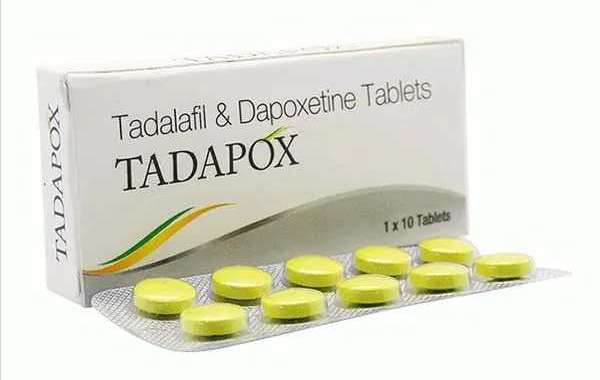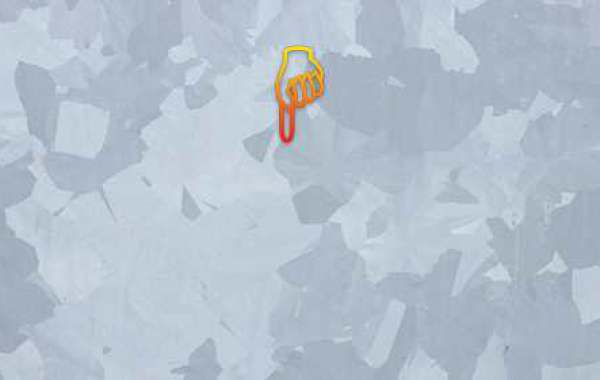The causes of alcohol addiction and abuse are varied and complex. The disease may be caused by a variety of factors, including genetics, environment, and psychological makeup. Some factors are more influential than others, and the environment plays a greater role than biology. Below, we will discuss the factors that are most influential and the treatment options available. To learn more about alcoholism, read on! Listed below are some of the most important facts about alcoholism.
Treatment options for alcohol addiction
Traditional alcoholism treatment programs rely on evidence-based therapies. These may include psychotherapy, behavioral modification therapy, 12-step programs, and peer group counseling. A detoxification process helps patients safely withdraw from alcohol and other drugs. Afterward, they will participate in structured therapies that aim to change potentially destructive behaviors. The best treatment for alcoholism begins with a decision to seek help. If you feel that traditional treatment methods don't provide the right support, consider enrolling in a 12-step program.
Outpatient alcohol rehab involves participating in recovery activities outside the hospital or day center. Clients can attend counseling sessions, 12-step programming, and other recovery services while maintaining their independence. This treatment option is often recommended for patients who have completed an inpatient alcohol program. Intensive outpatient rehab, on the other hand, is less intensive than partial programs, and offers several days of therapy per week. While both of these options may seem drastic, they can prove beneficial.
Pathogenesis of alcoholism
Recent research has begun to investigate the role of epigenome changes in alcoholism. In this project, researchers will identify novel epigenome targets that are affected in alcoholism, as well as DNA and histone methylation networks. CARE will consist of four highly interrelated research projects, as well as several pilot studies. It is the goal of these studies to identify novel therapeutic targets for alcoholism. CARE will also explore how the genetics of alcoholism contribute to the emergence of this serious medical problem.
The metabolism of alcohol results in oxidative stress and hepatocyte death. Damaged hepatocytes release endogenous DAMPs that activate cellular pattern recognition receptors. The activation of TLR4 results in sterile inflammation, including the production of proinflammatory cytokines. These cytokines then recruit immune cells to the site of injury and are transported to the site of inflammation by the inflammasome.
Symptoms of alcoholism
If you're concerned that a loved one is drinking too much, you may want to know what the symptoms of alcoholism are. The effects of alcohol abuse can be devastating to both the addict and those around them. Recognizing alcohol use disorder early will help you find help and support. Alcohol abuse also often crosses over into other areas of life. For example, the abuser may be drinking while driving, at work, or caring for a minor. This tolerance can also lead to progressive drinking of alcohol.
These warning signs can vary depending on the severity of the problem. Some people may be able to hide the signs of alcohol abuse and make it difficult for family members to intervene. Other people may be more open about their alcohol abuse, so recognizing these signs is an important part of helping someone who is drinking to overcome alcoholism. Alcohol abuse has a long-term impact on a person's life, and it is one of the leading preventable causes of death.
Treatment options
There are several treatment options for alcohol addiction and abuse. There are residential and outpatient programs, both of which are based in rehab centers. Residential programs generally last 30 to 90 days and involve living at a treatment center. Partial hospitalization is another option for people who need ongoing medical monitoring. Partial hospitalization programs usually meet at a hospital for 3-5 days per week or four to six hours per day. Outpatient programs can be scheduled to fit into a person's busy schedule and can be completed at home or at work. They generally include cognitive behavioral therapy (CBT), which is evidence-based and focuses on changing the thinking processes that cause addiction. CBT also helps individuals develop skills to prevent relapse.
Cognitive-Behavioral Therapy is a form of psychotherapy that takes place one-on-one with a therapist or in small groups. Cognitive-Behavioral Therapy involves identifying triggers that lead a person to drink heavily. It also involves learning how to manage stress and develop coping mechanisms for everyday situations. It may be the best option for overcoming alcohol dependence. Some programs offer both individual and group sessions. If one of these options is not suitable, the other two methods are a good option.
Cost of treatment
The cost of alcohol addiction and abuse treatment varies by location, length of stay, programs, and services provided. Luxury rehab facilities can be more expensive than traditional inpatient treatment. Residential treatment programs can be as low as $2,000 per month, while private facilities can cost upwards of $100,000 per month. A high-quality residential treatment facility will be able to accommodate a wide range of needs, and the cost of care will depend on the size and type of facility.
The cost of drug and alcohol rehab varies by location, type of program, and level of care provided. Some rehab facilities are free, while others charge thousands of dollars per day. While many inpatient rehabs include detox services, you should consider the cost of detox if you need medical care and a higher level of care. There are different levels of care for alcohol, heroin, and cocaine. You will have to pay a higher price for medical services than for a more basic program, since the latter drugs may require more medical attention.








